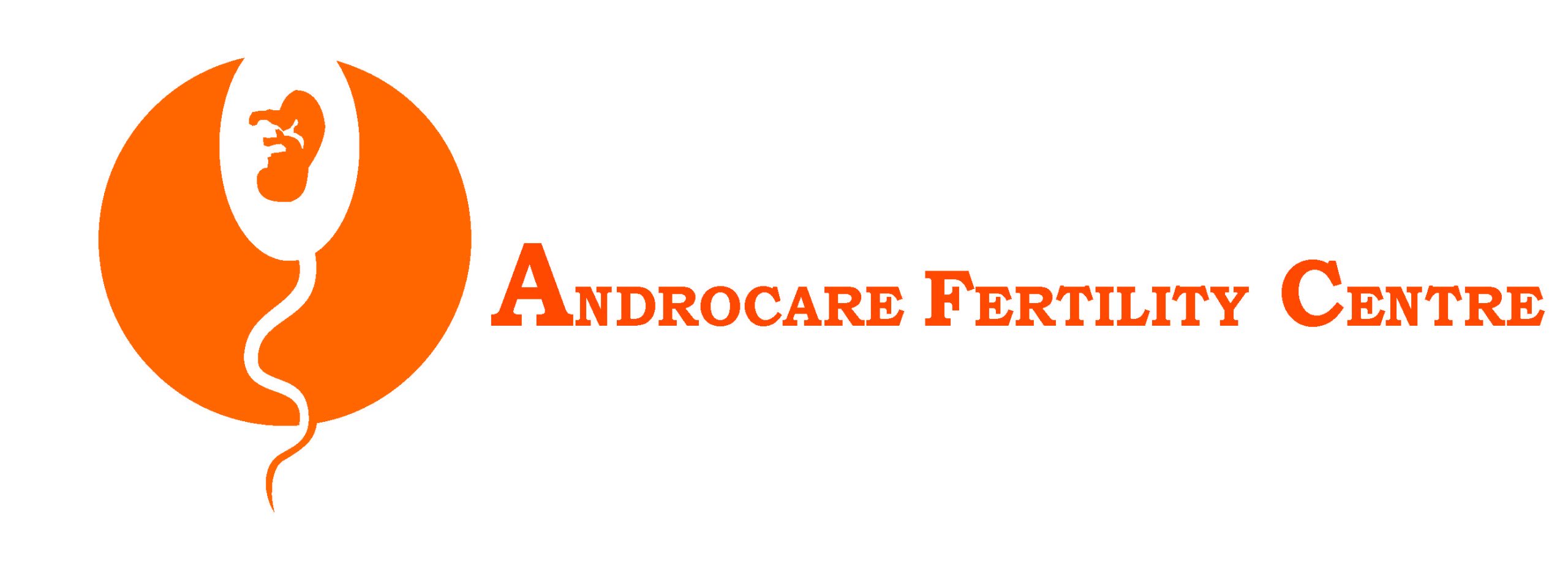Men’s Fertility in 30s: 7 Surprising Facts You Need to Know
Introduction
Are you in your 30s and thinking about starting a family? Men’s fertility in 30s can be a critical factor for those thinking about starting a family. You might have heard that men’s fertility doesn’t decline as drastically with age as women’s, but there’s more to the story. While it is true that men’s fertility doesn’t decline as sharply as women’s with age, there are still factors to consider.
For example, research shows that sperm quality and quantity can decrease with age, making conception more challenging. Understanding the nuances of men’s fertility in their 30s can help individuals make informed decisions when planning to have children.
Consulting with a healthcare provider or fertility specialist can provide further guidance tailored to individual circumstances. Let’s dive into some surprising facts that can help you navigate this important stage of life.
The Surprising Truth About Men’s Fertility
While it’s well-known that women face a biological clock, many are unaware that men’s fertility also undergoes significant changes. Yes, age matters for men too! Men often assume they can have children at any age without issues.
However, studies show that male fertility does experience a decline. Ignoring this reality can lead to unexpected challenges when trying to start a family later in life.
Seven Surprising facts About Men’s Fertility in 30s
But what exactly happens to men’s fertility in 30s? Let’s uncover seven surprising facts that might just change your perspective.
Age Does Affect Male Fertility
Fertility age isn’t just a concern for women. Research shows that male fertility is also affected by age, with a noticeable decline starting in the 30s and progressing further in the 40s. Sperm count and motility decrease during this period, making it more challenging to conceive.
For example, a study in the journal Human Reproduction revealed that men over 35 are 50% more likely to take longer than a year to conceive compared to those under 25. This decline in fertility can be attributed to various factors such as genetic abnormalities and decreased testosterone levels.
It’s important for men in their 30s to be aware of these changes and consider seeking medical advice if they are trying to conceive.
Health Plays a Major Role
The fertility of men in 30s is greatly influenced by their overall health. Men in their 30s should prioritize their health as it plays a major role in fertility. Lifestyle choices such as maintaining a healthy weight, regular exercise, and a balanced diet can positively impact sperm health and boost fertility.
For example, engaging in activities like jogging, swimming, or playing sports can boost fertility by improving blood circulation and overall fitness levels. Avoiding harmful substances like smoking and excessive alcohol consumption is crucial for optimal sperm health.
Consuming foods rich in antioxidants such as berries, nuts, and leafy greens can help protect sperm from damage caused by oxidative stress. Additionally, vitamins like vitamin C and E found in citrus fruits and almonds, respectively, can enhance sperm quality.
Zinc, a vital mineral present in foods such as oysters and legumes, plays a crucial role in promoting optimal sperm production, particularly in men’s fertility in 30s. By making these simple lifestyle changes and incorporating fertility-boosting foods into their diet, men in their 30s can improve their chances of conceiving when they are ready to start a family.
Stress and Mental Health Matter
Men’s fertility in 30s can be significantly impacted by stress and mental health. High levels of stress can disrupt hormone balance, leading to decreased sperm production. Participating in relaxation techniques like meditation, yoga, and physical activity has been proven to enhance fertility results.
For example, a study found that men who practiced meditation had higher sperm counts compared to those who did not. Additionally, regular physical activity can help reduce stress levels and boost sperm quality.
Furthermore, research indicates that men in high-stress environments may experience lower sperm motility, affecting the ability of sperm to reach and fertilize an egg. By managing stress effectively through relaxation techniques and a healthy lifestyle, men can support their reproductive health.
It’s essential for men to prioritize their mental well-being alongside physical health when trying to conceive in their 30s.
Environmental Factors Can’t Be Ignored
Environmental factors play a significant role in male fertility, especially for men in their 30s. Exposure to toxins in pesticides, plastics, and personal care products can lower sperm count and quality. Choosing organic and natural products can help reduce the impact of these chemicals on fertility.
For example, phthalates found in many plastics have been linked to decreased sperm motility. Similarly, pesticides like organophosphates have been associated with lower sperm counts in men. Studies have shown that men exposed to these chemicals may experience up to a 50% reduction in sperm count.
Additionally, certain personal care products containing parabens and other endocrine-disrupting chemicals can also affect fertility. Men who are mindful of their fertility should stay informed about their surroundings and make thoughtful decisions to safeguard their reproductive well-being.
By avoiding exposure to harmful chemicals whenever possible, men can improve their chances of maintaining healthy sperm levels as they age.

Medical Conditions and Medications
Medical Conditions and Medications can significantly affect men’s fertility in 30s. For instance, varicoceles, which are enlarged veins within the scrotum, have been linked to male infertility. Similarly, conditions like diabetes and hormonal imbalances can also impact sperm quality and production.
On the other hand, medications commonly prescribed for depression or high blood pressure may have adverse effects on fertility by reducing sperm count or motility. It is crucial for men experiencing these issues to consult a healthcare provider promptly. By addressing these medical conditions and adjusting medications as needed, fertility outcomes can be improved in many cases.
In some instances, surgical interventions may be recommended to treat varicoceles and enhance fertility potential. Additionally, managing diabetes through proper monitoring and medication can help mitigate its negative impact on sperm health. Hormonal imbalances affecting fertility may require specialized treatments or hormone therapy under medical supervision.
For individuals taking medications that could harm fertility, healthcare providers can explore alternative options with less impact on reproductive health. Regular follow-ups and discussions with healthcare professionals are essential to monitor changes in fertility status and adjust treatment plans accordingly.
By staying informed about the potential impacts of medical conditions and medications on fertility, men can take proactive steps to safeguard their reproductive health during their 30s. Early intervention and tailored management strategies hold the key to overcoming these challenges and optimizing chances of successful conception when desired.
Diet and Nutrition are Key
Diet plays a crucial role in men’s fertility, especially for those in their 30s. Optimal sperm health and quality can be enhanced by consuming a well-rounded diet rich in antioxidants, vitamins, and minerals. Foods such as oysters, lean meats, nuts, and whole grains are rich in zinc, which has been found to enhance sperm production.
Selenium-rich foods like Brazil nuts and fish can also benefit sperm motility. Additionally, incorporating fruits high in vitamin C like oranges and strawberries can help protect sperm from oxidative damage. Research shows that including these nutrient-dense foods in your diet can positively impact sperm motility and morphology and ultimately boost fertility levels.
Regular Check-Ups and Testing
Regular check-ups and fertility testing are crucial for maintaining optimal reproductive health, especially for men in their 30s. For instance, a semen analysis can provide valuable information about sperm count, motility, and morphology. By detecting any potential issues early on, individuals can receive timely intervention and treatment to improve their fertility likelihood. Moreover, regular examinations play a crucial role in early detection and management of issues to prevent them from worsening, allowing for timely implementation of preventive actions.
For example, if a man in his 30s experiences difficulties conceiving with his partner, a semen analysis during a check-up can reveal any underlying sperm abnormalities that may be hindering conception. Addressing these issues early through medical interventions or lifestyle adjustments can potentially enhance chances of successful reproduction. Therefore, staying proactive about regular medical check-ups and fertility testing is essential for overall reproductive well-being in men’s 30s.
Conclusion: Taking Charge of Your Fertility
Have you considered the impact of your lifestyle on your fertility? Are you actively maintaining your reproductive health as you get older?
Understanding and addressing the factors that affect men’s fertility in 30s is crucial for those planning to start a family. By adopting a healthy lifestyle, managing stress, avoiding toxins, and getting regular check-ups, you can significantly improve your chances of conceiving
Take charge of your fertility today! Make the necessary lifestyle changes, stay informed, and consult a healthcare professional if you have concerns. Devoting time and effort to establishing your future family holds immeasurable worth.
To book a consultation with our fertility expert, please click Here

